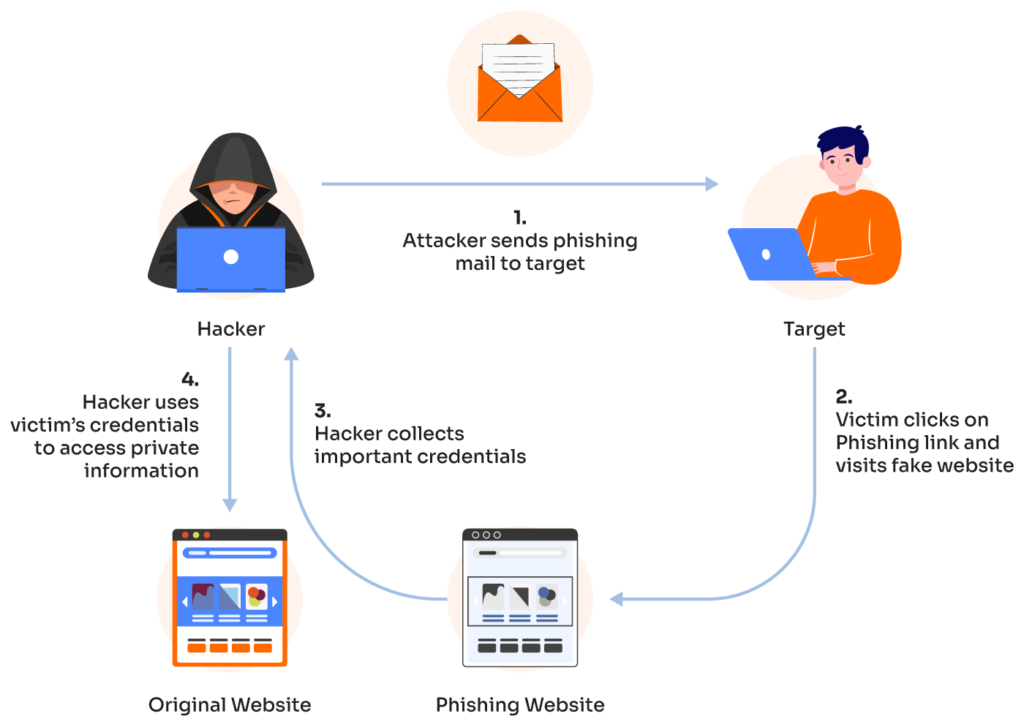In today’s increasingly interconnected world, digital security has become a paramount concern for individuals and organizations alike. With cyber threats constantly evolving and becoming more sophisticated, it’s crucial to stay vigilant and implement effective security measures to protect your digital assets, personal information, and privacy. Here are 10 essential digital security tips that you need to observe to safeguard your online presence:
Use Strong, Unique Passwords: One of the simplest yet most effective ways to enhance your digital security is by using strong, complex passwords for your accounts. Avoid using easily guessable passwords like “123456” or “password.” Instead, create unique combinations of letters, numbers, and special characters.

Enable Two-Factor Authentication (2FA): Whenever possible, enable 2FA for your online accounts. This adds an extra layer of security by requiring you to provide a second form of verification, such as a code sent to your mobile device, in addition to your password.
Regularly Update Software and Operating Systems: Keep your software, operating system, and applications up to date. Developers often release updates that include security patches to protect against known vulnerabilities.

Beware of Phishing Attacks: Be cautious when clicking on links or downloading attachments in emails, especially if they are from unknown senders. Phishing emails often trick users into revealing sensitive information or downloading malware.

Use a Reputable Antivirus and Anti-Malware Software: Install reliable antivirus and anti-malware software on your devices to scan for and remove potential threats. Keep these programs updated to ensure they are effective against the latest threats.

Secure Your Wi-Fi Network: Change the default login credentials for your Wi-Fi router and use strong encryption protocols (WPA3 is recommended). Also, consider hiding your network’s SSID to make it less visible to potential attackers.
Regularly Back Up Your Data: Back up your important data to an external device or a secure cloud storage service. This will help you recover your data in case of a ransomware attack or hardware failure.
Practice Safe Online Shopping and Banking: Only use secure websites (look for “https://” and a padlock icon in the browser address bar) for online transactions. Avoid conducting sensitive transactions on public Wi-Fi networks.
Limit the Information You Share Online: Be cautious about the information you share on social media and other online platforms. Cybercriminals can use personal information to target you in scams or identity theft.
Educate Yourself and Stay Informed: Stay informed about the latest cybersecurity threats and best practices. Many organizations offer free resources and courses to help individuals improve their digital security knowledge.
Watch below digital security tips and practices
Watch below an online training session on Digital Safety & Security
In conclusion, digital security is a shared responsibility, and by following these 10 essential tips, you can significantly reduce your vulnerability to cyber threats. Remember that digital security is an ongoing process, and staying vigilant is key to safeguarding your digital life. Take proactive steps to protect your online presence, and you’ll be better prepared to navigate the digital landscape securely.

Leave a Reply